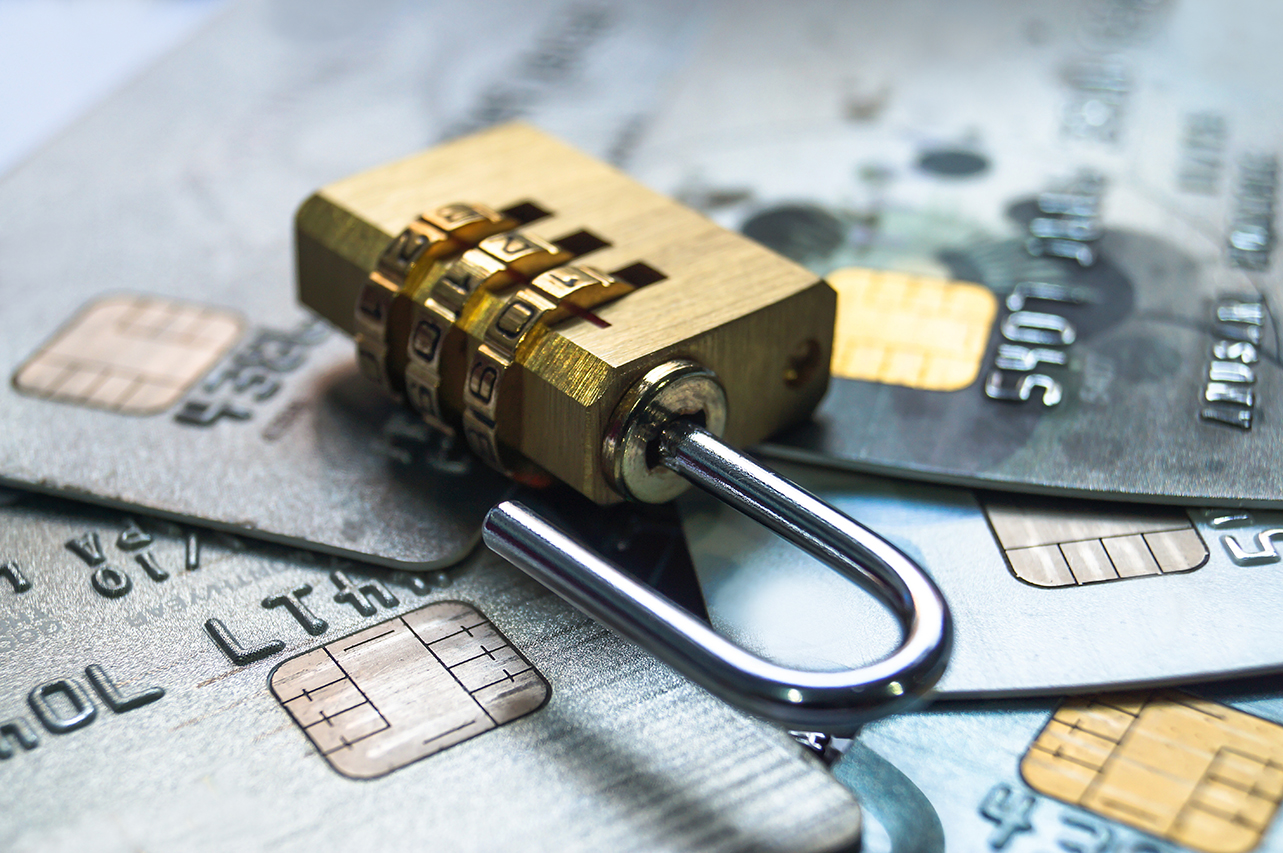09 Jul 2015
Comment: Anti-money laundering and fighting financial crime

Charlie Fraser, Partner, comments on scams and financial crime regulations.
Do you get annoyed when you are constantly asked for appropriate identification before you can do anything?
Gone are the days when you can breeze into a bank and set up an account on trust. You cannot form any kind of business relationship these days without supplying appropriate evidence to confirm that you are who you say you are. And with very good reason too.
Scams
Fraudsters are becoming ever more ingenious with the scams they are coming up with and following the almost universal use of email communication and the internet to conduct business, there are more and more opportunities for criminals to commit identity fraud.
You would not want to shut up your house for six months and go abroad to find upon your return that someone has successfully managed to impersonate you and sell your house in your absence and pocket the proceeds.
Identification
So please do not take offence when you are asked for some straightforward documents to enable a third party to appropriately establish your identity.
Normally you will be asked for a Government issued document which will establish that you are who you say you are, with appropriate photographic evidence such as a passport or a driver's licence.
This will usually be fortified with the production of a current utility bill which would establish your current address.
But establishing your identity is often only one stage of the process.
Regulations
The anti-money laundering regulations are specifically designed to ensure that funds obtained through illegal means are not flushed through the open marketplace thus rendering these funds, on the face of it, clean.
It would be commonplace, therefore, for you to be asked about the source of any funds or the source of any wealth, in the event that you are putting down a deposit for a new property.
Criminals obtain illegal funds through activities such as drug running, extortion, prostitution and tax evasion. They are constantly looking for ways to convert such funds, usually cash into seemingly legitimate form.
You may have generated your deposit through the sale of a property, an inheritance, a win on the lottery or even through your own earnings. You may have received it by way of gift. If so, you will certainly be asked about the donor and how they accumulated their wealth and they too would require to be properly identified.
If the source of your wealth is legitimate, you should have no difficulty in providing satisfactory evidence.
The regulations are there for your protection and to discourage financial crime.
Conclusion
So the next time that you are asked to provide identification or a polite enquiry is made about the source of your funds, relax and take a deep breath - the request is made with the best possible intentions and ultimately for your own benefit.